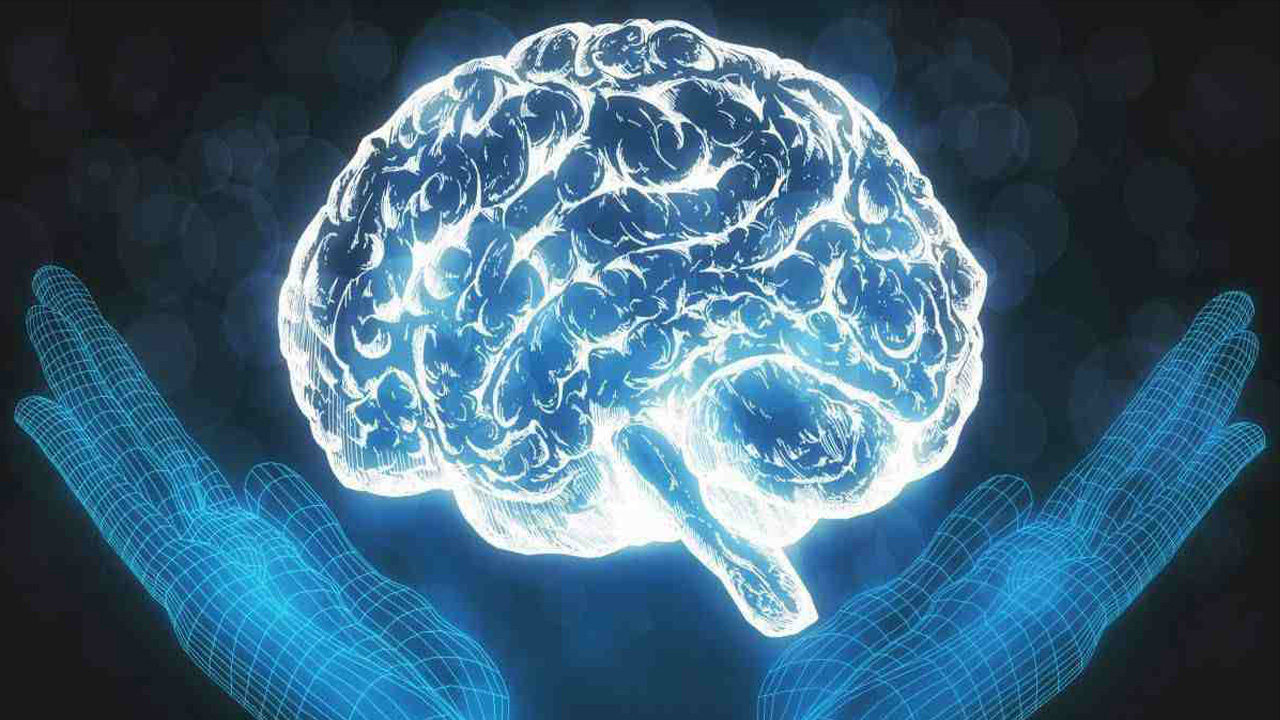Brazzaville – Critical funding gaps are halting and disrupting crucial mental health services in Africa, as demand for these services rise amid the COVID-19 pandemic, a new World Health Organization (WHO) survey shows.
The survey of 28 African countries was undertaken as part of the first global examination of the devastating impact of COVID-19 on access to mental health services. It underscores the urgent need for increased funding. Of the countries responding in the African region, 37% reported that their COVID-19 mental health response plans are partially funded and a further 37% reported having no funds at all.
This comes as the COVID-19 pandemic increases demand for mental health services.
“Isolation, loss of income, the deaths of loved ones and a barrage of information on the dangers of this new virus can stir up stress levels and trigger mental health conditions or exacerbate existing ones,” said Dr Matshidiso Moeti, WHO Regional Director for Africa. “The COVID-19 pandemic has shown, more than ever, how mental health is integral to health and well-being and must be an essential part of health services during outbreaks and emergencies.”
African countries account for 15 of the top 30 countries globally for suicide per 100 000 people. While there is scant data on how COVID-19 is increasing mental health conditions on the African continent, one study in South Africa found that 10–20% of the 220 people surveyed reported potent experiences of anxiety and fear as a result of the pandemic. Another survey of 12 000 women in low-income communities in Uganda and Zambia found an increase in persistent stress, anxiety and depression.
The WHO assessment of mental health services took place in July and August 2020 and 27 of the 28 African nations which responded have included mental health in their COVID-19 response plans, underscoring the growing recognition of the importance of this once neglected area of health.
In Africa, substance use disorder services were the mental health services facing the biggest disruptions. The main causes for the disruptions were due to patients failing to turn up, travel restrictions hindering access to health facilities and a decrease in patient volume due to cancellations of elective care.
While at the global level, up to 70% of countries have responded to the challenges posed by COVID-19 with telemedicine, in Africa governments have set up counselling helplines and increased training for key health responders in basic psychosocial skills.
Even before the pandemic, the region had one of the lowest mental health public expenditure rates, at less than US$ 10 cents per capita.
With increasing pressure on health systems and rising demand, stretched and chronically underfunded mental health services are under increasing strain.
“COVID-19 is adding to a long-simmering mental health care crisis in Africa. Leaders must urgently invest in life-saving mental health care services,” said Dr Moeti.
“We also need more action to provide better mental health information and education, to boost and expand services, and to enhance social and financial protection for people with mental disorders, including laws to ensure human rights for everyone.”
The WHO Regional Office for Africa has released guidance on managing COVID-19 and mental health for health workers and the general public. WHO is assisting African governments in responding to the pandemic as fits their unique circumstances.
Dr Moeti spoke during a virtual press conference today organized by APO Group. She was joined by Hon Dr Manaouda Malachie, Minister of Public Health, Cameroon; and Dr Naeem Dalal, Psychiatrist Registrar, University Teaching Hospital, Lusaka.

 The survey of 28 African countries was undertaken as part of the first global examination of the devastating impact of COVID-19 on access to mental health services. It underscores the urgent need for increased funding.
The survey of 28 African countries was undertaken as part of the first global examination of the devastating impact of COVID-19 on access to mental health services. It underscores the urgent need for increased funding. 






















.jpeg)









